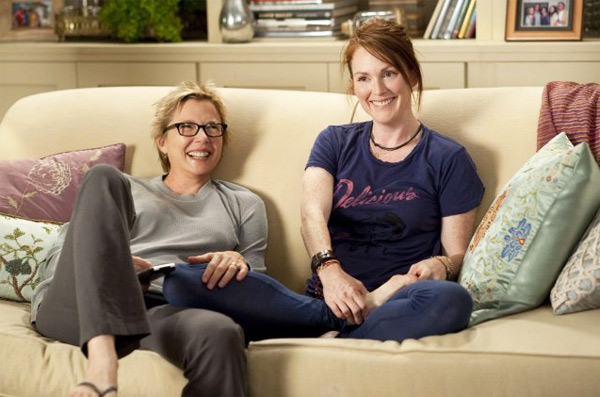
LGBTQ community deals with significant economic and health disparities. Gay and lesbian families tend to be poorer than heterosexual families, and LGBTQ adults are less inclined to seek health services than heterosexual adults.It is reported that up to 30 percent of LGBTQ adults do not regularly see a physician compared to 10 percent of heterosexual adults.Many LGBTQ people deal with significant barriers to healthcare, including insurance issues, fear of stigmatization and a lack of trust in physician-patient confidentiality.
Moffitt researchers analyzed the current LGBTQ literature for prevention, early detection, diagnosis, treatment, survivorship and end-of life data for seven different cancers — anal, breast, cervical, colorectal, colon and rectal, endometrial, lung and prostate cancers.
They discovered that there has been very limited effort in delineating the epidemiological patterns and medical needs of the LGBTQ community in regard to cancer.Matthew B. Schabath, Ph.D., assistant member of the Cancer Epidemiology Program at Moffitt noted, “this is particularly important given the finding that some LGBTQ groups tend to have a higher prevalence of many cancer risk factors and behaviors, including higher rates of smoking, alcohol consumption, obesity and high-risk sexual behavior.”
The Moffitt researchers also reported that some LGBTQ subgroups have higher incidence and death rates of certain types of cancer, including a higher incidence of anal cancer in gay men and cervical cancer in lesbian and bisexual women. However, for the majority of the researched types of cancer, epidemiological data did not exist or was inconclusive.
Given the lack of information and data regarding the LGBTQ community and cancer, the researchers explained that it is critically important for local, state and national surveys and registries to collect the gender identity and sexual orientation status of their study populations. They also suggested that changes should be made to insurance and governmental policies to expand insurance coverage and reduce health disparities for the LGBTQ community.
The Moffitt researchers recommended several avenues for sexual minorities to access LGBTQ-friendly services, including the Gay and Lesbian Medical Association’s database of physicians and The Healthcare Equality Index.
Gwendolyn P. Quinn, Ph.D., senior member of the Health Outcomes & Behavior Program at Moffitt, explained, “as a growing and medically-underserved population, the cancer related needs and concerns of the LGBTQ community are a crucial area to be addressed among both healthcare providers and the research community. Increased awareness of the cultural diversity of each group, as well as the collection of important demographic information from this group is necessary so larger repositories of research about each community are available, and programs and intervention can be designed to meet their unique needs.” The study is done by Moffitt Cancer Center.